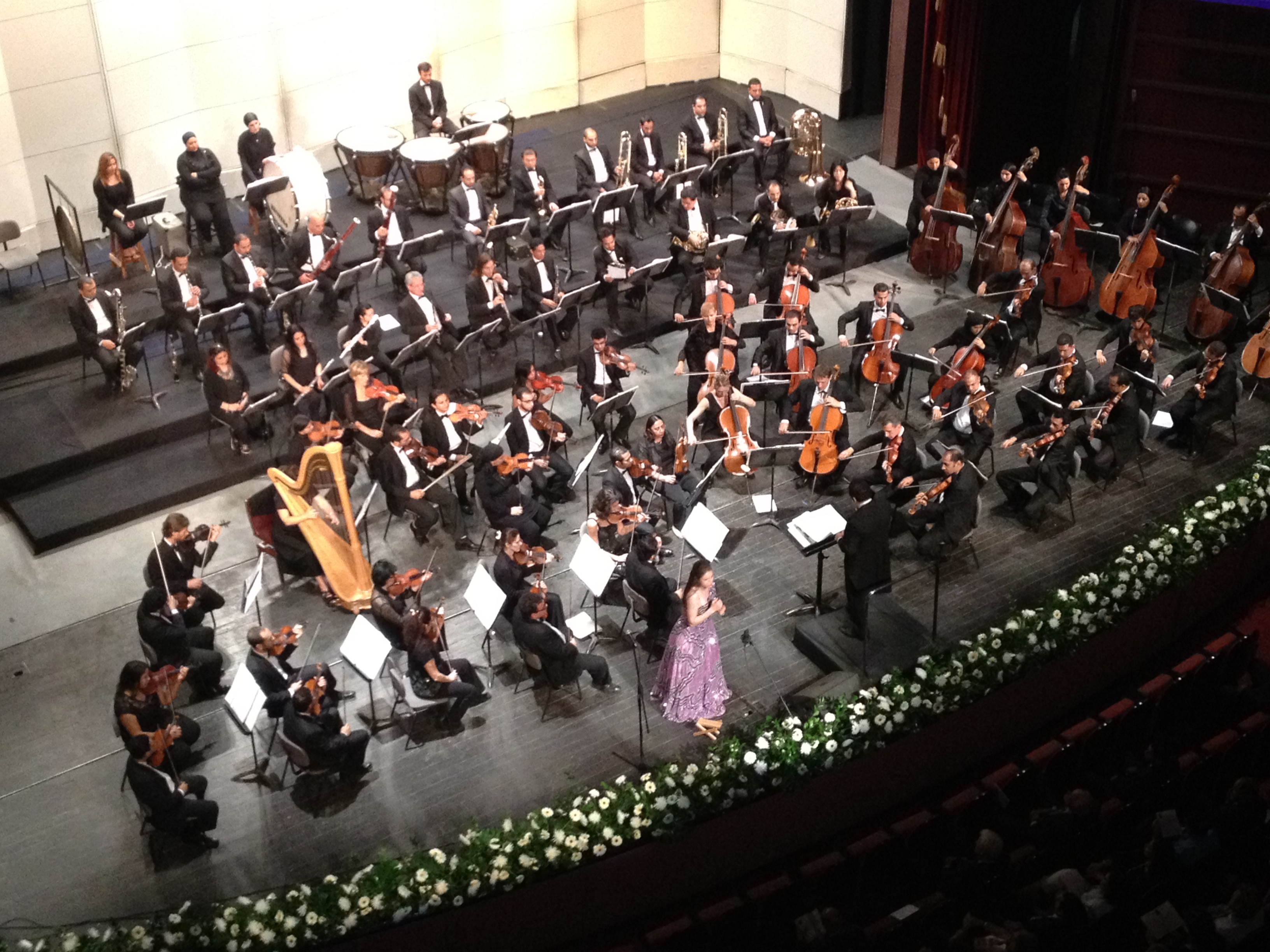Amr Bayoumi’s film about Egyptian poet and political activist Scren Grap of Zein Elabidin Fouad., “Who Can Arrest Egypt?” was screened last night at the Cairo Opera’s Artistic Creativity Center.
The 50-minute documentary, filmed in 2009 and presented for the first time in 2010 on Al Jazeera, was updated following the revolution to include a photo montage of images from Tahrir Square set to Fouad’s song “Who Can Arrest Egypt?” Answer: No one. Yesterday’s screening was the first of the updated film in Cairo.
Bayoumi, best known for his film “Kalam El Gins,” was assigned to work on this film by Al Jazeera.
“I was very excited about working on this film because I’m interested in the 60s and 70s and the politics and culture of that era in Egypt,” he said during a panel following the screening.
The film, which was created in close collaboration with Fouad, explores the poet’s life from personal, political and generational perspectives in a documentary format. Interviews with close friends and admirers are interspersed with voiceovers of Fouad reciting his poetry, and footage of the poet’s travels to England, Beirut, and Upper Egypt.
The film opens with the words “poetry opens the doors of life,” and thus the audience is invited into Fouad’s life as he simultaneously recites and enjoys his “morning coffee” at home with wife Jo.
From there the camera moves freely between interviews with Fouad about life under Gamal Abdel Nasser and commentary by friends including Mohamed Hesham, Ainat Farid, Rafiq and Kreidy. Fouad’s wife Jo Talbot, who describes her husband as a “tree who can put down roots wherever he goes,” also speaks on camera, describing the foundation of political engagement and poetry that grounds their marriage.
Fouad’s involvement with initiatives for children’s education, an important part of his work, are demonstrated with on-site footage of workshops in Beirut and Yemen, and a good deal of time is also devoted to his years in Beirut and involvement with the Palestinian cause during the Lebanese Civil War.
The film clearly demonstrates the extent to which his time in prison impacted Fouad as a person and as an artist. Much of his work deals with this difficult period, but he also manages to lighten the mood with several amusing anecdotes about his efforts to outsmart his guards with wordplay — a contest he never lost.
The film’s most touching moment is during a gathering of family and friends at the poet’s home attended by actress Basma, whom Fouad has known since she was just four months old. He tells the story of when he first saw Basma with her father during prison visiting hours, and recites the moving poem he wrote about that occasion over 30 years ago.
The different dimensions of the film capture the facets of Fouad’s personality and life’s work effectively. Achieving cohesion amongst these diverse parts in such a short film clearly posed some difficulties to the flow of the documentary.
Given the poet’s close collaboration with director Bayoumi on the film, Fouad was happy with the outcome, although he regretted that there was not space to include more people and events from his life. Despite this, he is satisfied that the film covered the major events in his life satisfactorily, except for one thing.
“The film covers all the important periods in my life except for a very important one: my time with my first wife, who died while I was in prison. We filmed this story and were planning to include it but the piece came out to nine minutes and we didn’t feel any of it could be cut so we had to exclude it in the end,” he said during the panel discussion.
Given that there seems to be much more to tell, perhaps fans of the poet can expect a more extensive film feature on him soon. As Bayoumi put it, “Zein can talk for hours in front of the camera, so we have no problem with content!”



